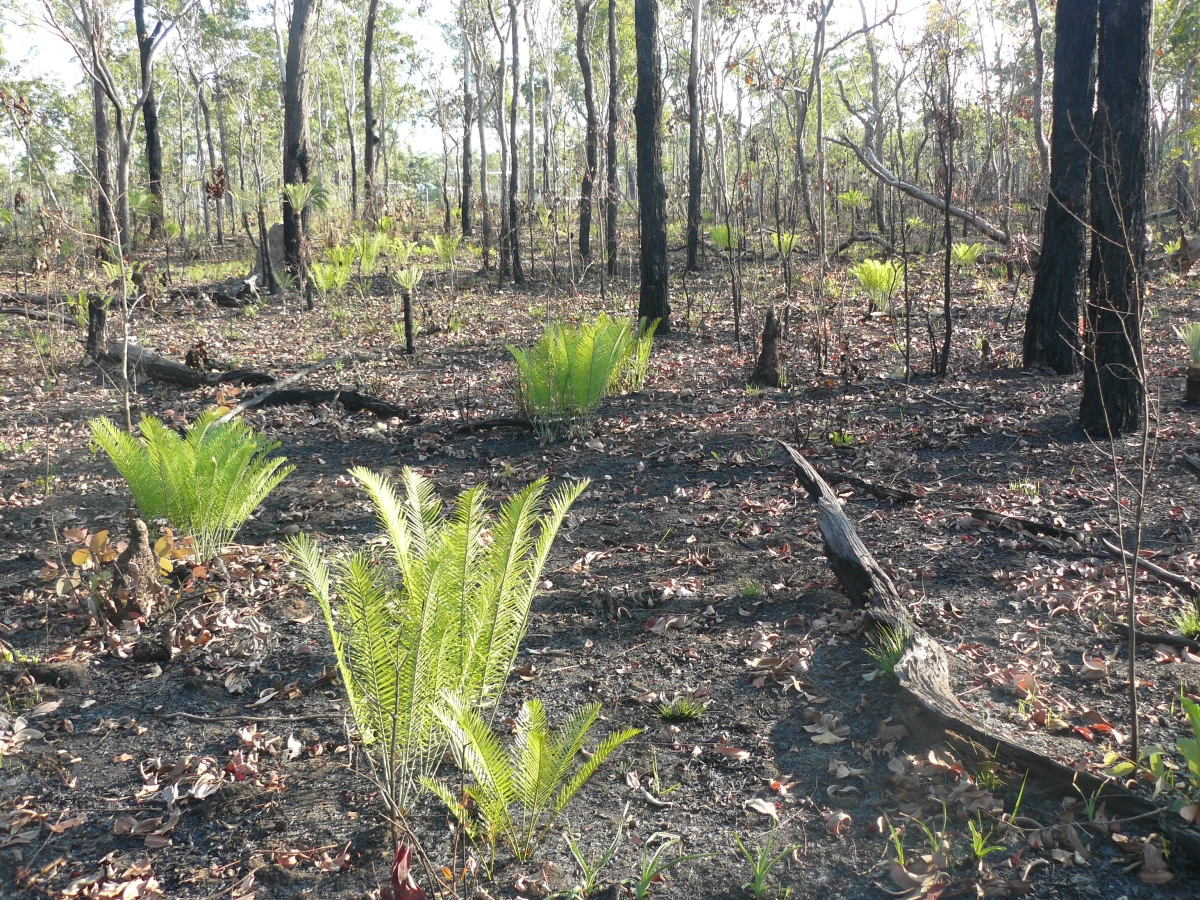A short post about a small letter that recently appeared in the latest issue of Conservation Biology – the dangers of REDD.
REDD. What is it? The acronym for ‘Reduced Emissions from Deforestation and Degradation’, it is the idea of providing financial incentives to developing countries to reduce forest clearance by paying them to keep them standing. It should work because of the avoided carbon emissions that can be gained from keeping forests intact. Hell, we certainly need it given the biodiversity crisis arising mainly from deforestation occurring in much of the (largely tropical) developing world. The idea is that someone pollutes, buys carbon credits that are then paid to some developing nation to prevent more forest clearance, and then biodiversity gets a helping hand in the process. It’s essentially carbon trading with an added bonus. Nice idea, but difficult to implement for a host of reasons that I won’t go into here (but see Miles & Kapos Science 2008 & Busch et al. 2009 Environ Res Lett).
Venter and colleagues in their letter entitled Avoiding Unintended Outcomes from REDD now warn us about another potential hazard of REDD that needs some pretty quick thinking and clever political manoeuvring to avoid.
While REDD is a good idea and I support it fully with carefully designed implementation, Venter and colleagues say that without good monitoring data and some well-planned immediate policy implementation, there could be a rush to clear even more forest area in the short term.
Essentially they argue that when the Kyoto Protocol expires in 2012, there could be a 2-year gap when forest loss would not be counted against carbon payments, and its in this window that countries might fell forests and expand agriculture before REDD takes effect (i.e., clear now and avoid later penalties).
How do we avoid this? The authors suggest that the implementation of policies to reward early efforts to reduce forest clearance and to penalise those who rush to do early clearing need to be put in place NOW. Rewards could take the form of credits, and penalties could be something like the annulment of future REDD discounts. Of course, to achieve any of this you have to know who’s doing well and who’s playing silly buggers, which means good forest monitoring. Satellite imagery analysis is probably key here.
CJA Bradshaw
![]() Oscar Venter, James E.M. Watson, Erik Meijaard, William F. Laurance, & Hugh P. Possingham (2010). Avoiding Unintended Outcomes from REDD Conservation Biology, 24 (1), 5-6 DOI: 10.1111/j.1523-1739.2009.01391.x
Oscar Venter, James E.M. Watson, Erik Meijaard, William F. Laurance, & Hugh P. Possingham (2010). Avoiding Unintended Outcomes from REDD Conservation Biology, 24 (1), 5-6 DOI: 10.1111/j.1523-1739.2009.01391.x














[…] Avoiding the REDD Monster By CJA Bradshaw, ConservationBytes.com, 22 January 2010 | A short post about a small letter that […]
LikeLike
Another interesting source is the interview on Protected Areas and Deforestation with Ken Chomitz, Senior Adviser at the Independent Evaluation Group. In his interview, Mr. Chomitz highlights that protected and indigenous areas are motivated by ecological and social concerns, but they are often intended to reduce deforestation. He highlights the findings of his new research that aims to understand options to reduce deforestation and to see whether protected areas and parks have been successful before. By doing case-control comparison, the study found that on average, there is a lower deforestation rate in protected areas and that multi-use protected areas work as well or better than strict protected areas. Here is the link to his interview: http://web.worldbank.org/WBSITE/EXTERNAL/EXTOED/EXTCLICHA/0,,contentMDK:22449846~pagePK:64829573~piPK:64829550~theSitePK:4683327,00.html
LikeLike
[…] This post was mentioned on Twitter by ResearchBlogging.org and Call of the Trees, ConservationBytes. ConservationBytes said: Avoiding the REDD monster: A short post about a small letter that recently appeared in the latest issue of Conserv… http://bit.ly/5gw1xa […]
LikeLike
Social comments and analytics for this post…
This post was mentioned on Twitter by conservbytes: Avoiding the REDD monster: http://wp.me/phhT4-Ss…
LikeLike
[…] Corey Bradshaw – conservationbytes.com […]
LikeLike